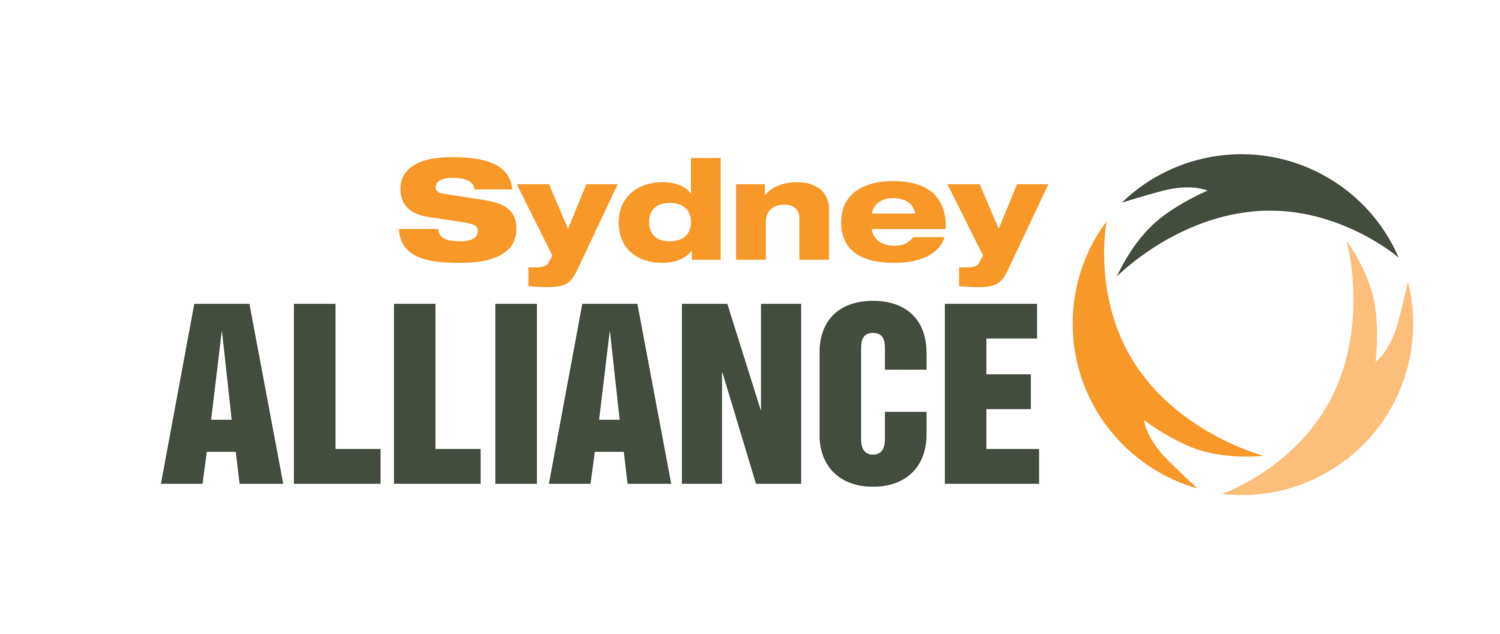Lessons we can draw from the anti-lockdown rallies
By David Barrow, Lead Organiser
I go to a lot of rallies. I mean, A LOT.
As Lead Organiser for Sydney Alliance, an organisation that brings together diverse community organisations, unions, religious organisations and schools to advance the common good, I often take to the streets.
Yet like many others, I too was disappointed at the gathering in Sydney on Saturday. It was not for the common good, nor was it civil, nor was it society. It was disorganised.
As a community organiser I understand that all action is in the reaction. So - what reaction were the organisers looking for and what lessons are there in it for us?
To answer this question I took the time on Sunday to review three hours of live footage from the rally. What can I say … lockdown.
I’d posit that there were a number of people at the rally who were at their wits end, without income or support. People who have lost businesses, are suffering, are confused by the world they find themselves in and in their isolation, are more vulnerable to accept individualistic ideologies. This group wouldn’t be the majority though.
Participants seemed to be a representative spread of Sydney’s geographic and ethnic diversity, although heavily skewed male. But they weren’t connected with each other across that diversity. There seemed to be many different strongly ideological strains at work: bikies, liberal-democrats, extremely marginal religious views, far right nationalists, anti-vaxxers, anti-lockdowners, anti-authoritarians - among others. The dominant message of most participants was about ‘individual freedom’.
It seemed to be a gathering of people with a low level of experience with rallies. Instead of discipline and organisation and commitment to the ‘cold anger’ fuels social movements – this was disorganised and full of rage. There were no story tellers, set speakers, experts, concrete proposals nor endorsing organisations.
There was no strategy – in fact, if it becomes a super-spreader event, it will extend the lockdown – bringing about the exact opposite of what protestors were calling for. The group displayed no power through their diversity and no commitment to those not present at the rally.
Without organisation, marshals or a floor team – the rally descended into violence because, without those elements, the organisers cannot manage who attends or how they participate.
The rally organisers should know better. This was a deliberate whipping up and gathering of people who have strong and contradictory views about government, medicine and health procedures.
The rally was irresponsible, had no Covid-safe procedures, in stark contrast to the controversial Black Lives Matter rallies held last year.
Yet, the organisers got the reaction they were looking for – fame for themselves and the building of a committed following. Once a rally participant has physically put their life on the line, in this case literally, they aren’t likely to back down from their views.
How should we react? First and foremost, it is important not to sneer. These rallies need to be taken seriously.
For those who attended because of economic stresses – it is a message to take financial support much more seriously. Politicians, the managerial class and journalists are far too insulated from the real-world stresses that people are experiencing right now. For some the fear of coronavirus may be less than the fear of meeting their immediate material needs. This is a reality for many that needs to be acknowledged.
For the ideological who attended, the (dis)organisers need to be held to account. For those of our family, friends and contact who attended for the first time; perhaps instead of shame and stigma - let’s start with love and no judgement. Since that is the only way to walk with someone out of such a worldview.
When Sydney faced its first coronavirus lockdown, the Alliance worked hard to change the language about community safety measures from “social isolation” to “physical distancing”. Isolation feeds disconnection and loss of hope, making people more vulnerable to twisted ideologies.
Connection, relationship and an organised society that is founded on cooperation and solidarity is what will get us through pandemic, lockdown and remove the fuel for the radical fringe.

